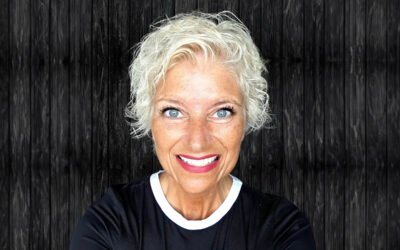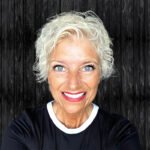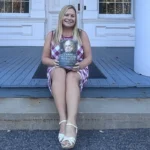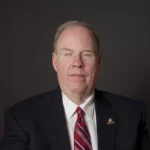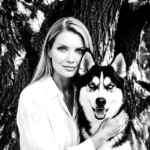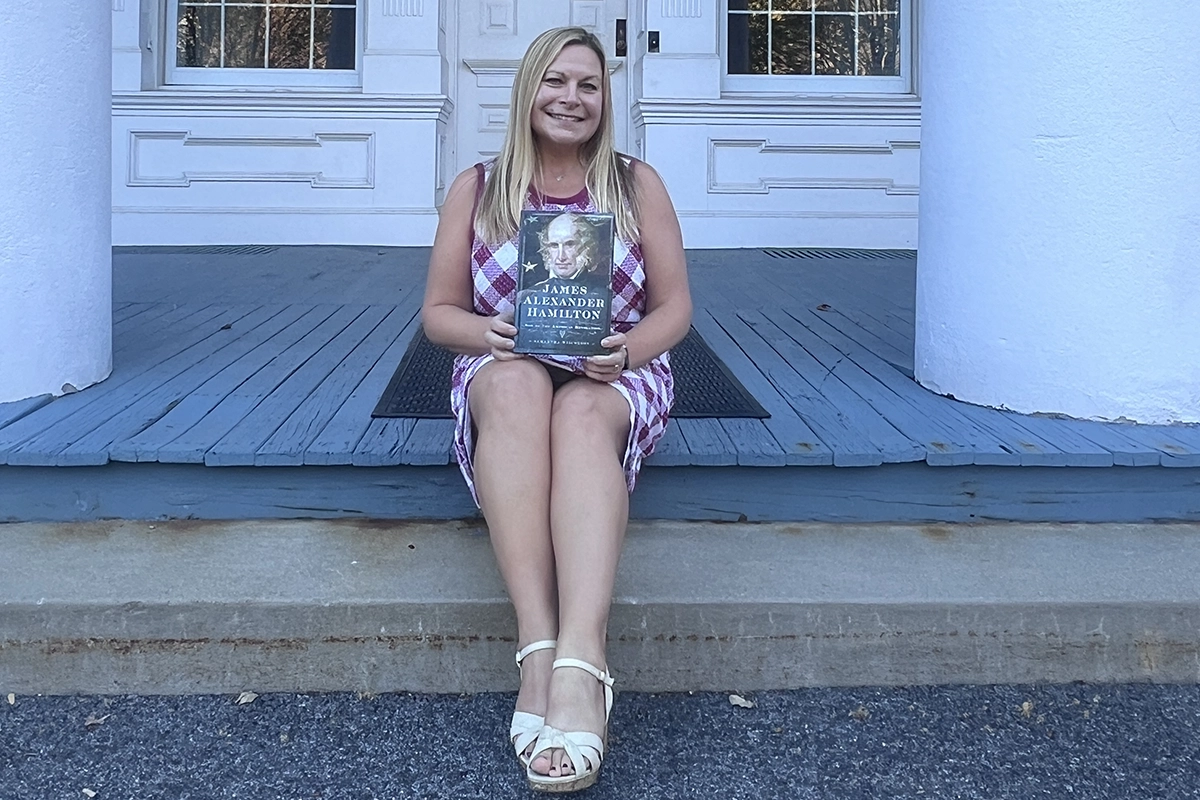Kellie Coates Gilbert Shares the Heart and Humanity Behind Her Beloved Stories
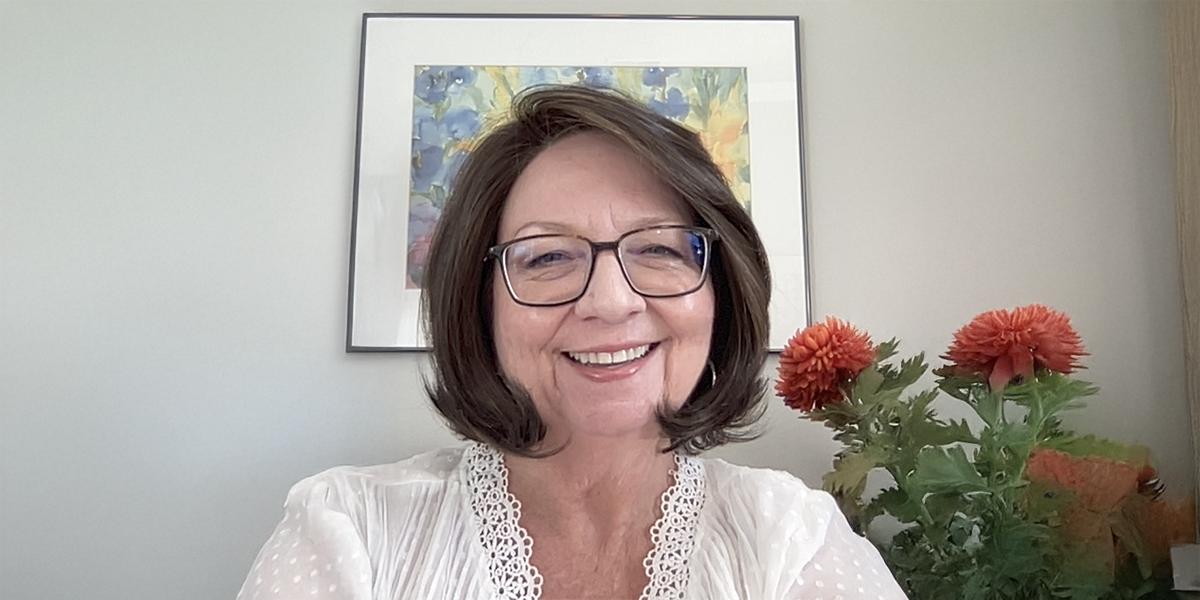
PHOTO: Kellie Coates Gilbert, bestselling author of heartfelt women’s fiction, shares her passion for storytelling and the real-life experiences behind her novels.
Hope, Resilience, and the Power of Women’s Stories
Kellie Coates Gilbert discusses how her rural upbringing, legal career, and life experiences inspire her heartfelt novels about strong women, emotional resilience, second chances, and the vivid settings she cherishes.
Kellie Coates Gilbert has built a remarkable career crafting novels that stir the heart and stay with readers long after the final page. With a rare gift for blending emotional authenticity and vivid storytelling, this USA Today bestselling author captures the messy beauty of life, love, and resilience in every book she writes. Whether set against the sun-drenched shores of Maui or the rugged landscapes of the Tetons, Gilbert’s stories are rich tapestries of place, character, and spirit.
Praised as a “deft, crisp storyteller” by RT Book Reviews and celebrated with accolades like Barnes & Noble Top Shelf Picks and Library Journal’s Best Book List, Gilbert’s work speaks directly to anyone who has ever wrestled with duty and dreams, heartbreak and hope. Her novels are more than just compelling—they are deeply personal journeys that reflect the grit, grace, and complexity of real women’s lives.
In this exclusive interview, Kellie Coates Gilbert shares the inspirations behind her beloved characters, the impact of her Idaho upbringing and legal career, and the universal truths that make her stories resonate so powerfully. It’s a conversation as warm, wise, and unforgettable as her books.
Kellie Coates Gilbert crafts unforgettable stories filled with heart, authenticity, and hope, earning her a treasured place among beloved contemporary authors.
Your novels often center on strong, complex women facing emotional challenges. How do your own life experiences—such as your legal background or rural upbringing—influence your storytelling and character development?
I grew up in a small Idaho farming town where grit and grace went hand in hand, and I spent years in the legal profession where I saw people at their most vulnerable—and most resilient. Those experiences taught me that life is rarely tidy, and neither are people. My characters reflect that messy beauty. They’re often women caught in the crosshairs of loyalty and longing, doing their best with what they’ve been given.
In “Where We Belong,” Charlie Grace faces the tension between personal happiness and community expectations. How do you approach writing characters who must balance deeply personal desires with relational responsibilities?
That tension is at the heart of so many women’s lives—especially those who care deeply about others. The Teton Mountain Series has characters who wrestle with big decisions in small-town kitchens or windswept porches. I think readers connect with women like Charlie Grace because they see themselves in that tug-of-war between duty and dreams.
“Life is rarely tidy, and neither are people.” — Kellie Coates Gilbert
Many of your series—like the Maui Island or Teton Mountain books—are rooted in vibrant settings. What role does setting play in your writing, and how do you choose the locations that become almost characters themselves?
Setting is essential in my stories. I choose places where women often vacation or dream of living—because these landscapes provide not just escape, but insight. A crashing wave, a mountain trail, or a desert sunrise can echo a character’s emotional state. I want readers to see AND feel the place in the pages of my books.
You’ve said you barely remember a time when you didn’t have a book in your hand. Which authors or books most shaped your voice as a writer, and how do you hope your books resonate with today’s readers?
Growing up, I devoured everything from Laura Ingalls Wilder to Maeve Binchy. Later, I found deep inspiration in the works of Susan Wiggs and Kristin Hannah—women who write with heart and hope. I want my stories to leave readers feeling seen, uplifted, and maybe even a little braver.
“Sisters” explores the bonds and tensions between women who share deep history. What inspired you to write about sibling relationships, and do you draw from your own life or observations?
I’m fascinated by the lifelong push-pull of sibling bonds—especially sisters. There’s history, rivalry, love, and forgiveness all tied up in one relationship. I grew up with a sister, and I’ve observed those dynamics closely and poured what I’ve learned into the page.
“That tension is at the heart of so many women’s lives—especially those who care deeply about others.” — Kellie Coates Gilbert
From making Ted Kennedy’s bed to herding sheep and appearing on The Price is Right, you’ve led a life filled with unique stories. Do any of these moments find their way into your novels, even subtly?
Absolutely. Those quirky life experiences sneak in as details—maybe a line of dialogue or a character’s backstory. They remind me not to take life too seriously and to embrace the unexpected. My readers seem to love those winks of real life.
A recurring theme in your work is starting over after loss—whether it’s divorce, death, or personal failure. What draws you to stories of second chances, and how do you keep each narrative fresh and distinct?
Because I believe hope is the heartbeat of every good story. We’ve all faced setbacks. I want my readers to know that the end of one chapter doesn’t mean the story’s over. Each woman I write has a different path to healing, and I work hard to make those journeys emotionally true.
“I want my stories to leave readers feeling seen, uplifted, and maybe even a little braver.” — Kellie Coates Gilbert
As a bestselling author who now writes poolside in Dallas, what advice would you give aspiring writers from small towns or non-literary backgrounds who dream of publishing their own stories?
Your story matters. Where you come from doesn’t define your future—it enriches it. Write boldly, rewrite often, and remember: even bestselling authors once stared at a blank page and wondered if they had what it took. You do.

